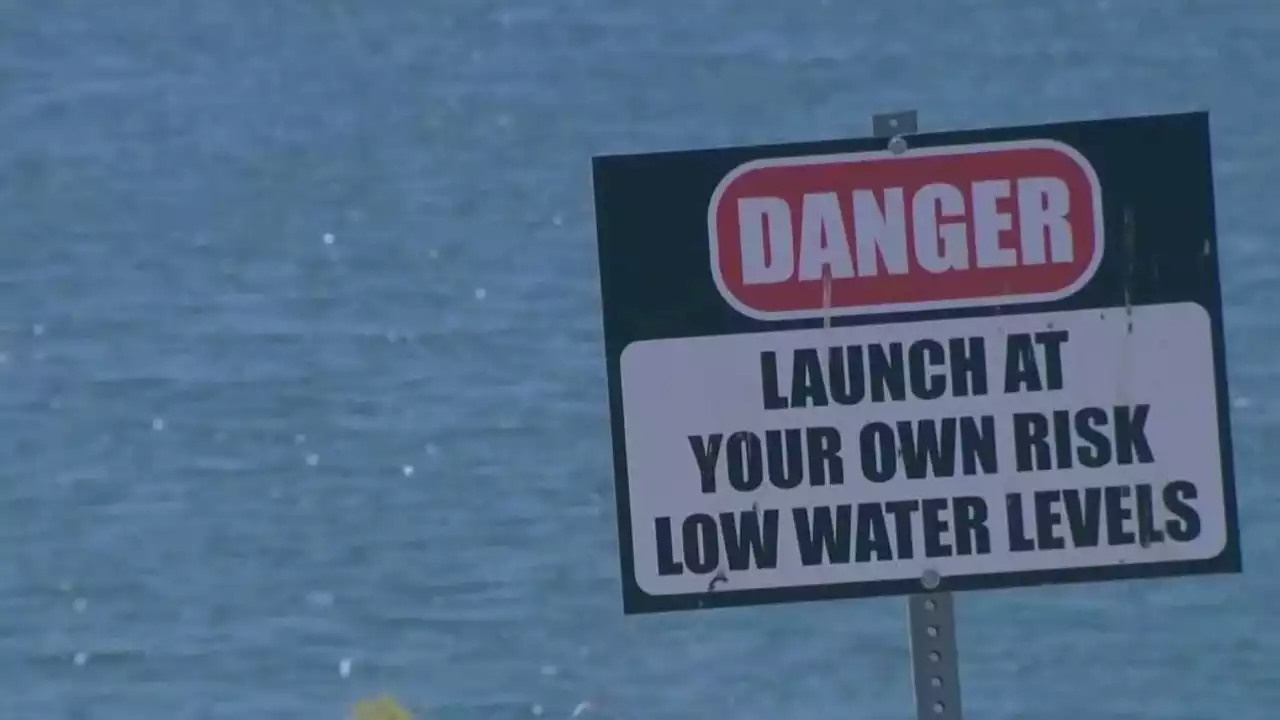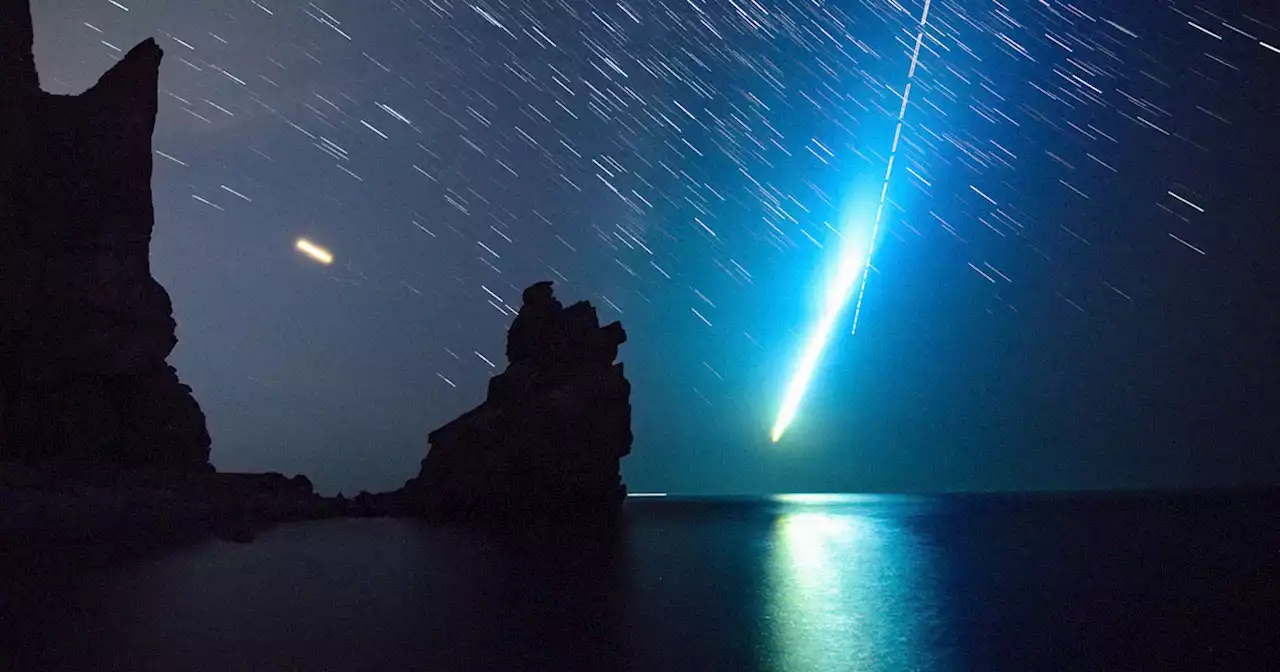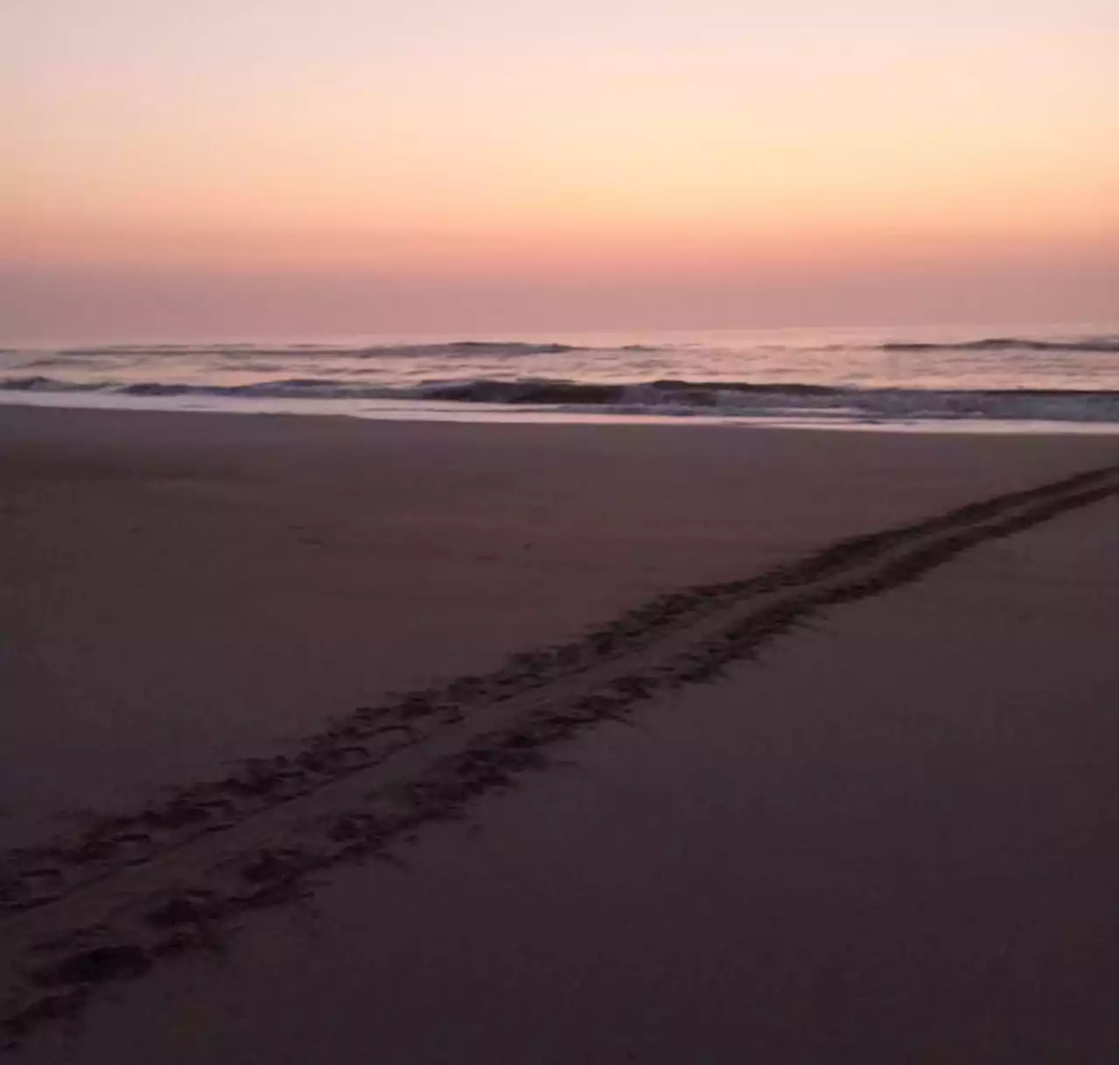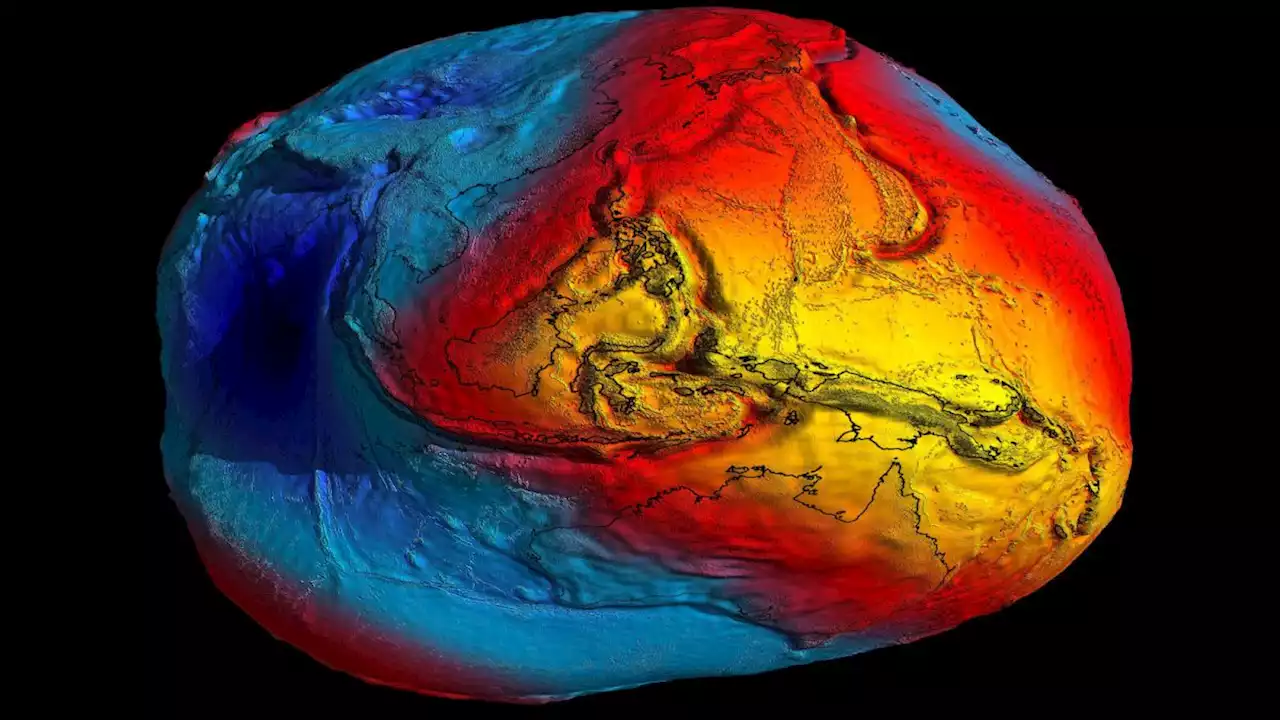Indian Ocean gravity hole was caused by extinct ancient sea, scientists say
Scientists may have finally identified the origins of a deep"gravity hole" in the Indian Ocean — a mysterious region where Earth's gravitational pull is weaker than at other parts of our planet.
The low is a consequence of our surprisingly squidgy planet, which flattens at the poles, bulges at the equator and undulates between lumps and bumps across its surface. But ever since its discovery in 1948, the origin of this Indian Ocean abyss has puzzled scientists. Now, a study published May 5 in the journal Geophysical Research Letters suggests the IOGL was caused by low-density magma that was pushed into the Indian Ocean by the sinking slabs of an ancient ocean.
To search for a potential answer, the researchers used 19 computer models that simulated the motions of the mantle and tectonic plates in the region across 140 million years. They then compared the simulated lows that formed in each test with the real-life hollow. These plumes are spurts of mantle rock originating from a disturbance 600 miles west under Africa. Known as the"African blob," the dense bubble of crystalized material inside Africa's mantle is the size of a continent and 100 times taller than Mount Everest.
United States Latest News, United States Headlines
Similar News:You can also read news stories similar to this one that we have collected from other news sources.
 Antarctic Ice Reaches 'Record-Smashing Low,' Alarming ScientistsA grim NOAA report reveals that Antarctic sea ice levels have reached a record wintertime low — and a drastic year-over-year decrease.
Antarctic Ice Reaches 'Record-Smashing Low,' Alarming ScientistsA grim NOAA report reveals that Antarctic sea ice levels have reached a record wintertime low — and a drastic year-over-year decrease.
Read more »
 Lake Travis low, but not expected to hit record low levelsThe lowest Lake Travis has been is 614.18 feet in 1951. The lake currently sits at just under 637 feet.
Lake Travis low, but not expected to hit record low levelsThe lowest Lake Travis has been is 614.18 feet in 1951. The lake currently sits at just under 637 feet.
Read more »
 Fisker Ocean Production Lags Behind Targets: 1,022 Units Produced In Q2 2023Production of the all-electric Fisker Ocean model progresses, but the company once again missed its own manufacturing target.
Fisker Ocean Production Lags Behind Targets: 1,022 Units Produced In Q2 2023Production of the all-electric Fisker Ocean model progresses, but the company once again missed its own manufacturing target.
Read more »
 Scientist: No, We Didn't Just Find an Alien Spacecraft on the Bottom of the OceanOpen University planetary science professor Monica Grady isn't convinced Harvard astronomer Avi Loeb found evidence of aliens in the Pacific.
Scientist: No, We Didn't Just Find an Alien Spacecraft on the Bottom of the OceanOpen University planetary science professor Monica Grady isn't convinced Harvard astronomer Avi Loeb found evidence of aliens in the Pacific.
Read more »
 Ocean heatwaves are developing and are forecast to get worseOcean heatwaves in the tropical Atlantic can lead to enhanced tropical activity. This has already occurred with the historic event of two June tropical storms forming in the region.
Ocean heatwaves are developing and are forecast to get worseOcean heatwaves in the tropical Atlantic can lead to enhanced tropical activity. This has already occurred with the historic event of two June tropical storms forming in the region.
Read more »
 Dauphin Island Sea Lab unveils newly renovated aquarium, inspiring ocean conservation and educationThe renovations are complete, and the Dauphin Island Sea Lab reopened the Alabama Aquarium on Monday, July 10, 2023.The Alabama Aquarium is a nearly 12,000-squ
Dauphin Island Sea Lab unveils newly renovated aquarium, inspiring ocean conservation and educationThe renovations are complete, and the Dauphin Island Sea Lab reopened the Alabama Aquarium on Monday, July 10, 2023.The Alabama Aquarium is a nearly 12,000-squ
Read more »
